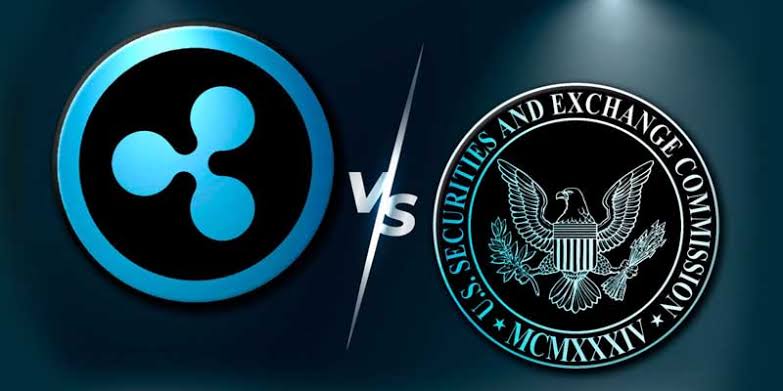The ongoing legal battle between Ripple Labs and the U.S. Securities and Exchange Commission (SEC) has taken a dramatic turn, with the regulator allegedly seeking an unprecedented $2 billion in fines and penalties against the blockchain firm. According to Ripple’s chief legal officer, Stuart Alderoty, the SEC made this request in a sealed filing, set to be made public on March 26.
Alderoty and Ripple CEO Brad Garlinghouse have strongly criticized the SEC’s actions, accusing the regulator of overstepping its authority and attempting to “punish and intimidate” not only Ripple but the entire cryptocurrency industry. Garlinghouse emphasized that there is “absolutely no precedent” for such a massive fine, vowing to continue exposing the SEC’s conduct.
The SEC’s lawsuit against Ripple, filed in December 2020, alleged that the firm raised $1.3 billion through the unregistered sale of XRP tokens, which the regulator deemed to be securities. However, in a significant ruling in July 2023, Judge Analisa Torres determined that XRP was not a security in regard to programmatic sales on digital asset exchanges.
This ruling led to the SEC’s decision to dismiss charges against Garlinghouse and co-founder Chris Larsen with prejudice in October 2023. Despite this, the regulator appears determined to pursue substantial penalties against Ripple, raising concerns about regulatory overreach and potential hindrances to innovation in the cryptocurrency space.
The SEC’s request for a $2 billion fine has drawn criticism from industry observers and legal experts alike, who question the rationale behind such a disproportionate penalty. Ripple’s legal team plans to file a response to the SEC’s request in April, setting the stage for further legal battles and potentially precedent-setting decisions.
As the case unfolds, it highlights the ongoing challenges faced by cryptocurrency firms navigating the complex and evolving regulatory landscape. The outcome of this case could have far-reaching implications for the industry, shaping future regulatory approaches and potentially influencing the development and adoption of blockchain technology and digital assets.





